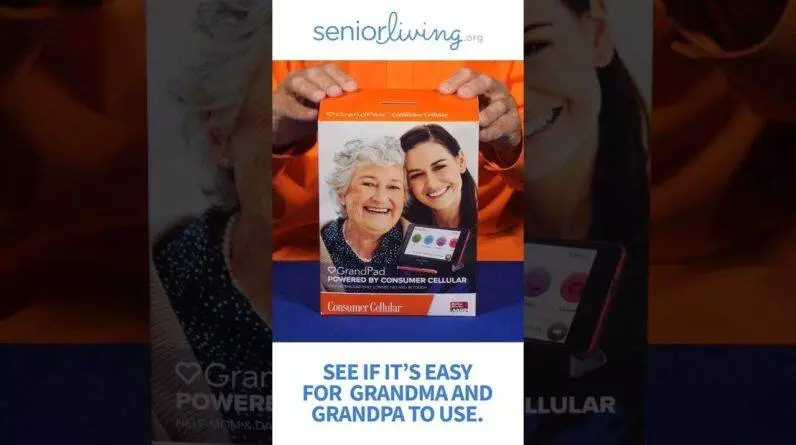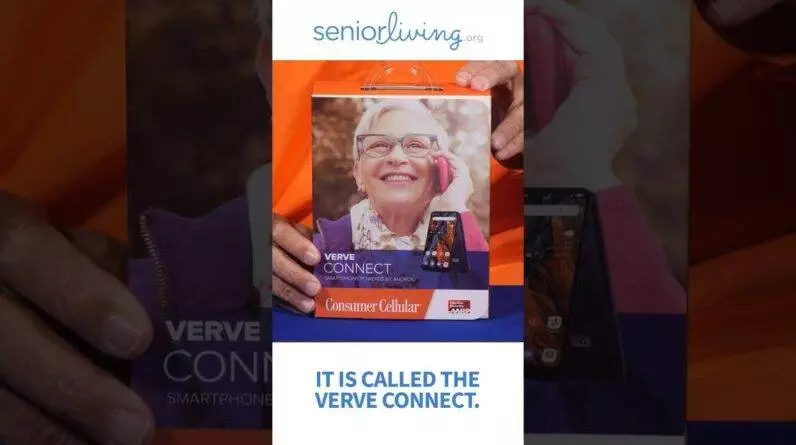[cleveryoutube video=”pWpnbfIpF8k” style=”1″ pic=”https://livintheretiredlife.com/wp-content/uploads/2022/06/senior-couple-on-the-couch-at-home.jpg” afterpic=”https://livintheretiredlife.com/wp-content/uploads/2022/06/senior-couple-on-the-couch-at-home.jpg”]
Senior Citizens’ Benefits From the US Government
In this article, we’ll discuss Medicare, Meals on Wheels, SSI, and CSFP, some of the senior-citizen benefits the US government offers. But first, let’s look at the programs themselves. Medicare covers hospital care and medical expenses for many elderly and disabled Americans. However, you may consider supplemental medical insurance (Medigap) and prescription drugs to complete your health plan.
Meals on Wheels
Meals on Wheels is one of the Senior Citizens Benefits From the US Government that assists the elderly. These meals are delivered to the homes of elderly and disabled people. There are strict requirements and other restrictions, and some agencies have long waiting lists. Interested seniors should contact their local area agency on aging or other agencies that offer assistance. The information provided will help you determine if you are eligible.
Meals on wheels is a meal delivery program coordinated by 5,000 locally-run programs. Those eligible are primarily adults 60 and older. Meals on Wheels offers meals on a sliding-scale payment schedule. Some people are eligible for the program as part of their food stamps benefits. If you are interested in volunteering to deliver meals, learn more about the program. In addition to meals, you may even be able to receive food stamps.
The Commodity Supplemental Food Program is another one of the Senior Citizens Benefits From the US Government. This program provides nutritious foods, grocery items, and nutrition information. Some services even offer free pet food. However, this program is not available everywhere in the country. A senior living alone is not eligible for it. Those with low incomes and limited income will benefit from the program. However, it can help you make ends meet.
Medicare Part D
The US government offers eligible senior citizens the Medicare Part D drug benefit. It pays for prescription drugs and preventative care. Part D is one of the most important benefits available to senior citizens. However, it can be challenging to understand. While it sounds like a beautiful benefit, Medicare Part D has some limitations. In addition to its strict rules and regulations, the program is costly and often doesn’t cover specific services.

Generally, Medicare Part D has a three-step enrollment process. The initial enrollment period starts three months before your 65th birthday and ends three months afterward. If you have a disability, you can enroll seven months before your 65th birthday. During the second enrollment period, you can switch or join a plan if you are not disabled. However, if you are not disabled, you should not delay enrollment.
The Part D standard benefit amount is indexed to the growth rate in Part D per capita. Since 2006, the amount has been increasing. In addition, Medicare will cover approximately 75% of the cost of generic and brand drugs. In 2021, Medicare will cover up to 80% of the price, while the plan will pay the remaining 25 percent. During this period, you will be required to spend $10,690 on prescription drugs.
SSI
The benefits of senior citizenship are plentiful. However, these programs are limited by resource limits and earned income caps. You must meet specific requirements to qualify for government assistance programs. The Social Security Administration (SSA) determines SSI eligibility. The government provides a cash benefit to eligible seniors to help pay for everyday expenses. You can apply for SSI online at ssa.gov. An average elderly recipient receives about $800 per month.
Medicare is a federal program that offers health benefits to people over 65. Medicare does not cover dental or long-term care, but Medicaid assists with LTSS. Seniors can receive low-cost housing through HUD’s reverse mortgage program or subsidized rental properties. LIHEAP, or Low Income Home Energy Assistance Program, helps pay home energy bills. Both programs are free or low-cost for those eligible.
Other benefits of senior citizens include reduced medical costs and retirement income. The government is helping millions of older citizens afford health care and other necessities through these programs. Senior citizens can apply for supplemental government programs such as the National PACE Association, ADA Paratransit, and BenefitsCheckUp. Many government programs are available to help older individuals bridge the gap between their income and expenses. Several government agencies assist seniors at the federal, state, and local levels. Seniors’ food and housing costs are a significant concern, but they can also lower their energy costs by installing an energy-efficient refrigerator or heating system.
CSFP
Many seniors and those on social security may qualify for supplemental loans to help them pay bills, medical needs, and other expenses. Government-sponsored programs can also provide valuable financial assistance. Depending on your circumstances, the government can help you with tax returns or find a qualified housing voucher. For more information, visit the government’s website. Information is available to help you make the best financial decisions possible, including the application process and eligibility requirements.
CSFP grants funds to states and Tribal organizations to distribute to low-income Americans. Food packages are not meant to be complete diets but are a good source of essential nutrients often missing in the diets of the elderly. Additionally, job opportunities are necessary to keep seniors from becoming bored and lonely once they stop working. One Stanford study found that three months of additional work can save you more than 1% of your income for thirty years.
As we age, our health care needs can grow. Many of the same medical conditions that we had as children can recur, including the need for hearing aids and prescription medications. Senior citizens may need help with these expenses, and government programs and nonprofits offer assistance. One example is Attendant Services, which supports qualified individuals and families in caring for the elderly. With this program, seniors can receive the medical attention they need when they need it.
Housing Choice Vouchers
The US government’s Housing Choice Voucher for senior citizens program enables seniors to rent affordable apartments. These vouchers can be used to rent a safe, cheap apartment. In addition to the rental rate, qualified applicants can receive a full complement of support services, including transportation and case management. The program is aimed at assisting those who are experiencing financial hardship. Interested seniors can learn more about the program and how it can benefit them by visiting the website.
This program, also known as Section 202, provides low-income housing for seniors. HUD offers low-income housing and provides partial payments directly to landlords. This program is particularly beneficial for senior citizens, as the elderly often need a supportive environment to stay in a home. Its benefits cover all types of housing, including apartments and houses. A senior’s income determines the housing choices that qualify for these vouchers. The HUD Section 202 voucher program accepts applications from low-income seniors and distributes the funds at the county or state level.

Once the PHA approves the family’s housing unit, they sign a lease with the landlord. The PHA also provides a housing assistance payments contract for the same term. The agreement stipulates responsibilities for all parties. As a result, a senior’s rent can be as high as 40% of their adjusted income. It is essential to understand what these responsibilities are before you apply.
Rent assistance
The US government provides several programs that provide rental assistance to senior citizens. The Housing Choice Voucher Program (HCVP) assists low-income seniors in finding affordable housing. The program’s income limits are published annually by HUD. To qualify, seniors must be at least sixty-two years old and earn below the LMI. The HUD website lists contact information for each state and county. Once you’ve decided to apply for rental assistance, you can visit the management office or apply online.
Seniors can also qualify for subsidized apartments. These rental units are usually garden apartments or apartment units in high-rise buildings. They are only available to seniors 62 years of age or disabled. Local and state governments fund the construction and maintenance of subsidized housing. Nonprofit organizations also provide this housing. Rents at subsidized apartments are generally less than 30% of a senior’s income. Although the program can provide valuable rental assistance, many programs have long waiting lists.
Another program that offers rent assistance to senior citizens is the Section 202 voucher program. HUD helps senior citizens find affordable apartments, and section 202 vouchers pay rent through partial government subsidies. The program also extends to spouses, so if one partner is a senior and the other a child, the section 202 voucher program can help with housing costs. While these programs are both valuable, each has its unique set of benefits.






